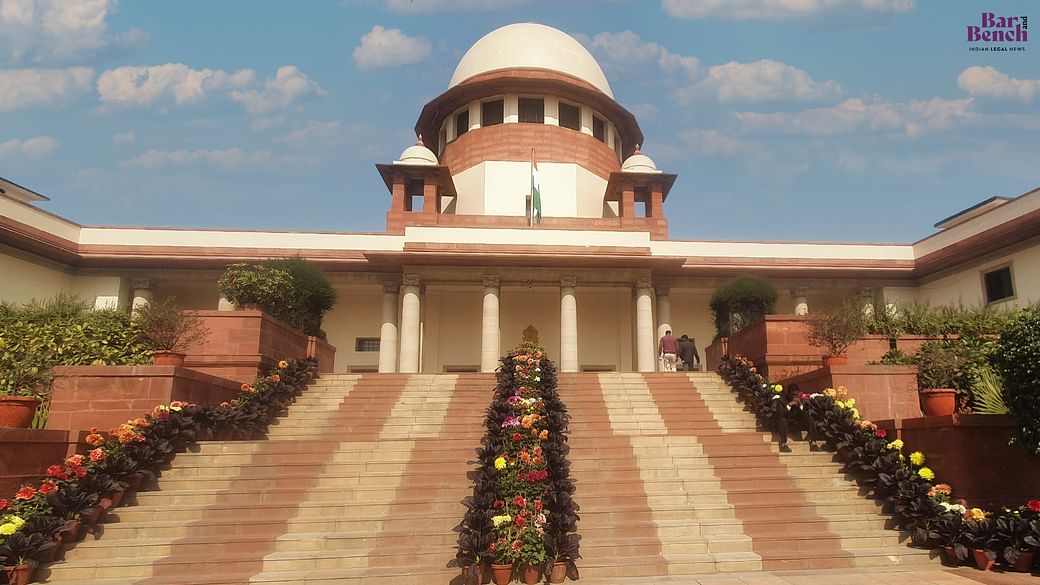The Supreme Court ruled that a person’s bank account cannot be attached under the Prevention of Corruption Act, citing Section 102 of the Code of Criminal Procedure.
While allowing an appeal against a Karnataka High Court judgement, in the matter of Ratan Babulal Lath vs. The State Of Karnataka LL 2021 SC 440 the Justices Sanjay Kishan Kaul and MM Sundresh made the following observation.
“…it is not possible to sustain the freezing of the bank account of the appellant taking recourse to Section 102 Cr.P.C. as the Prevention of Corruption Act is a Code by itself.”
In this case, a charge sheet was filed against 14 defendants stating that they committed crimes punishable under Sections 13(1)(a) and 13(2) of the Prevention of Corruption Act 1988, as well as Sections 420, 465, 468, 471, and 120B r/w.34 of the Indian Penal Code. They were accused of committing a large-scale fraud worth Rs.56.37 crores in collusion with Bruhat Bengaluru Mahanagara Palike (BBMP) officials and private persons.
The only question before the Supreme Court was whether the appellant’s bank account was attached adequately in the exercise of powers under Section 102 Cr.P.C.
Since the previous authorisation provided by the Government under Section 3 of the Criminal Law Amendment of Ordinance, 1944 was not in the form of a Government Order; the state stated that they are in the process of making an application under Section 18A of the Prevention of Corruption Act, 1988.
“Be that as it may, on that account, it is not possible to sustain the freezing of the bank account of the appellant taking recourse to Section 102 Cr.P.C. as the Prevention of Corruption Act is a Code by itself”, the Court said, allowing the appeal.


